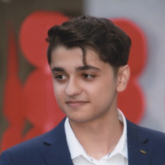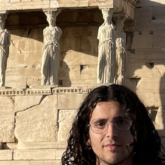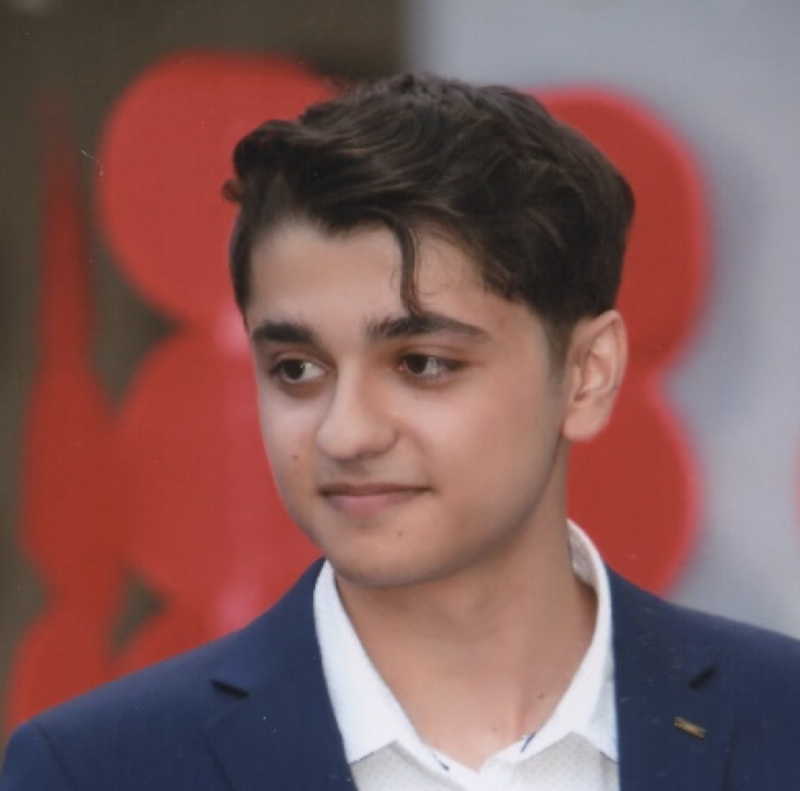Scholarships for the Universidad Autónoma in Madrid
The CEEH has awarded two full scholarships for the master’s degree in Historia del Arte de la Edad Moderna. Tradición clásica y mundo globalizado [Early Modern Art History. Classical tradition and globalised world] taught at the Universidad Autónoma in Madrid and at the Real Academia de Bellas Artes de San Fernando:
Pau Segarra Queralt earned a Humanities degree from the Universitat Pompeu Fabra (UPF) in Barcelona and completed up to his fourth year of professional music studies at Tortosa conservatory from 2016 to 2018. He took part in the IV Congreso de Historia local de Alcanar analysing modernist art in the Casa O’Connor in relation to other contemporary examples. His degree dissertation, Los Col·loquis de l’Art a la Insigne Ciutat: la introducció del Renaixement a la Diòcesi de Tortosa, directed by Dr Eva March i Roig, shows how the Renaissance defined and delimited the territorial identity of the bishopric of Tortosa, which historically encompassed Aragón, Catalonia and Valencia. It studies the role played in the process by factors such as the area’s commercial significance, figures like Pope Adrian VI (bishop emeritus of the diocese in 1522–23), and the rise of Tortosa’s jasper, which was then being used in monuments such as the Royal Monastery of San Lorenzo de El Escorial.
Javier Simón Cuesta holds degrees in Art History and in Ancient Sciences and Languages from the Universidad Autónoma in Madrid. His degree dissertation, La estela de Dexileo y el desnudo heroico: un estudio de caso, directed by Dr Carmen Sánchez Fernández, examines to what extent an iconographic reading of this private funerary relief dating from the fourth century BC supports or contradicts the notion of heroic nude formulated by art historical literature. His degree dissertation for Ancient Sciences and Languages, Memoria y culto heroico en los polyándria del Demósion Sêma en Atenas, codirected by Profs Luz Conti Jiménez and José Pascual González, studies the group burials of war casualties in the public cemetery of the democratic polis, examining cultural and ritual aspects of the space and its dimension as a mnemotópos or place of memory. As a member of the EGEAM group (Estudios de Género en la Antigüedad y la Edad Media, UAH-UAM-UCM), Javier helped organise the II Seminario de Igualdad en Estudios del Mundo Antiguo in 2023. He recently took part in the I Curso Teórico-Práctico de Excavación Arqueológica en la Villa Romana de Rielves (Toledo), coordinated by Dr Javier Salido Domínguez.



